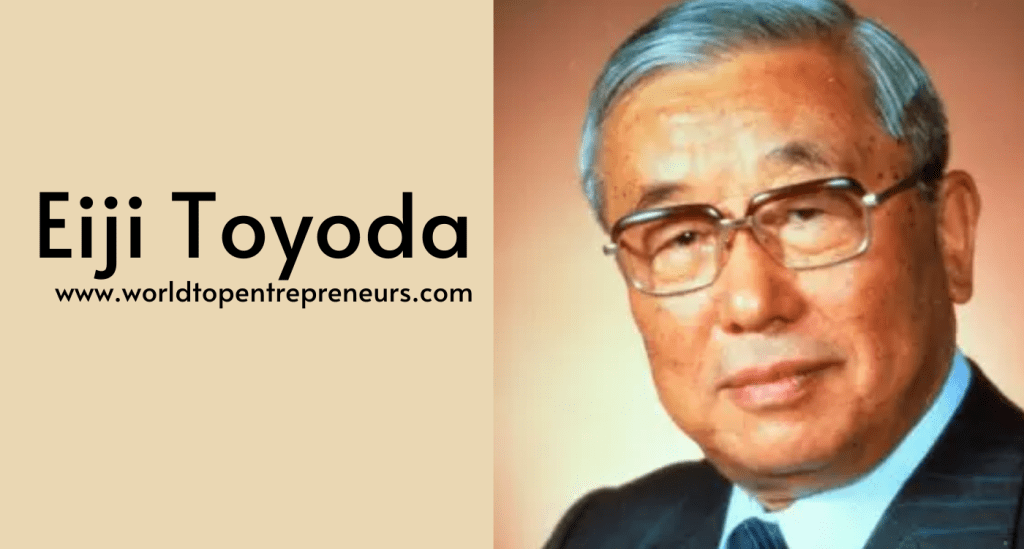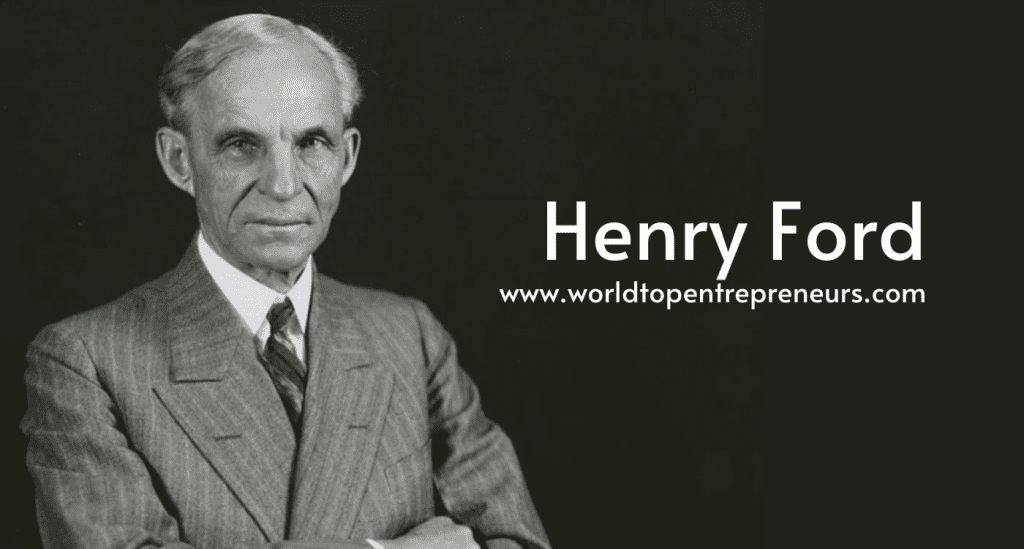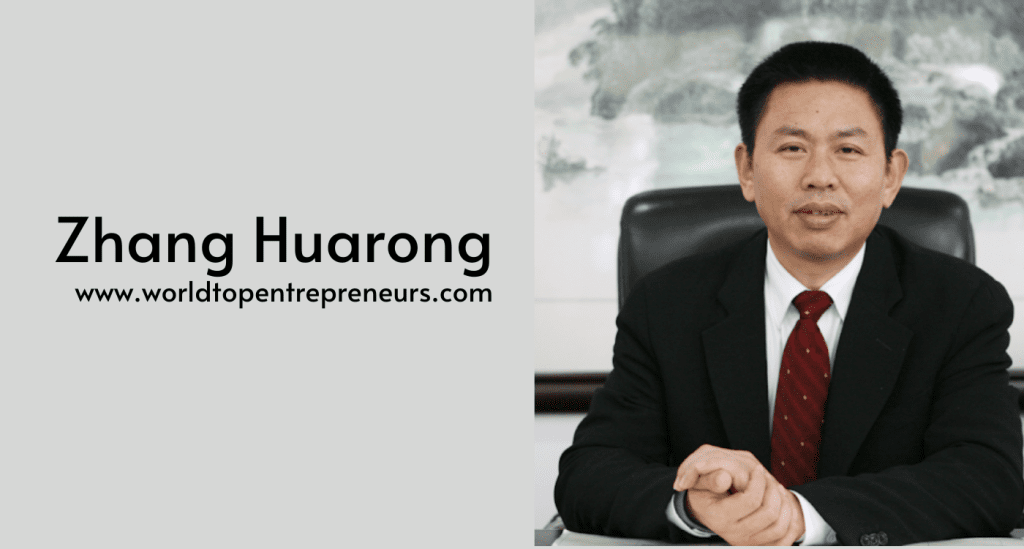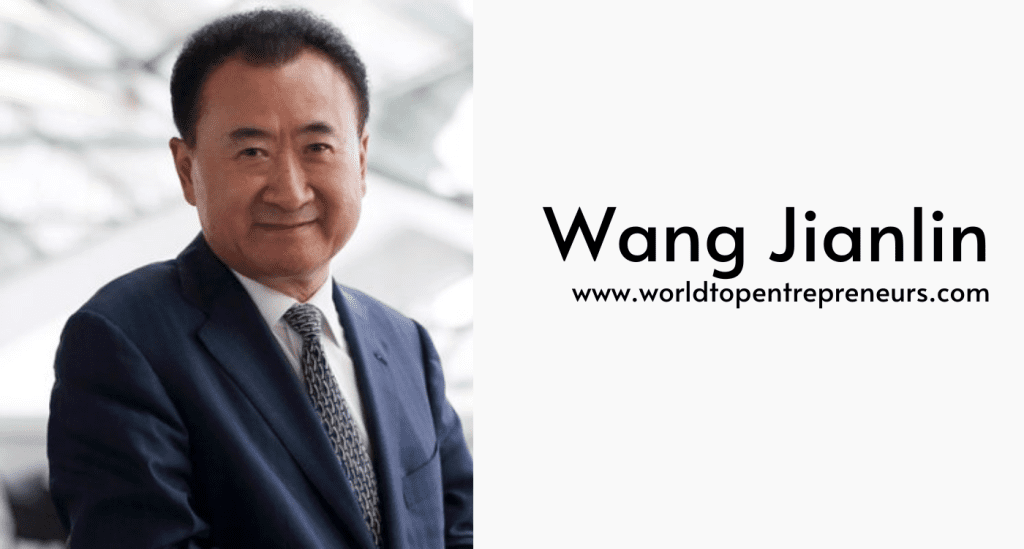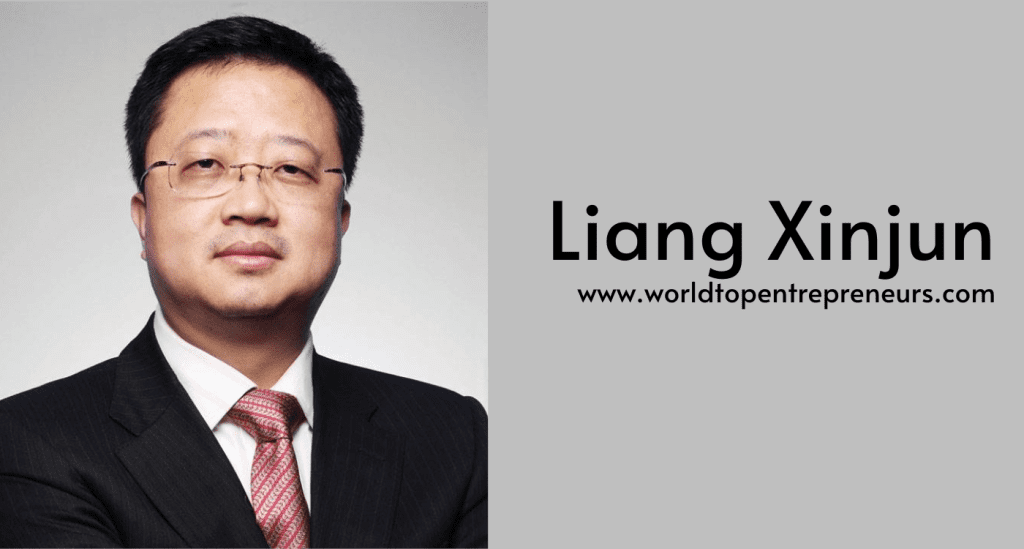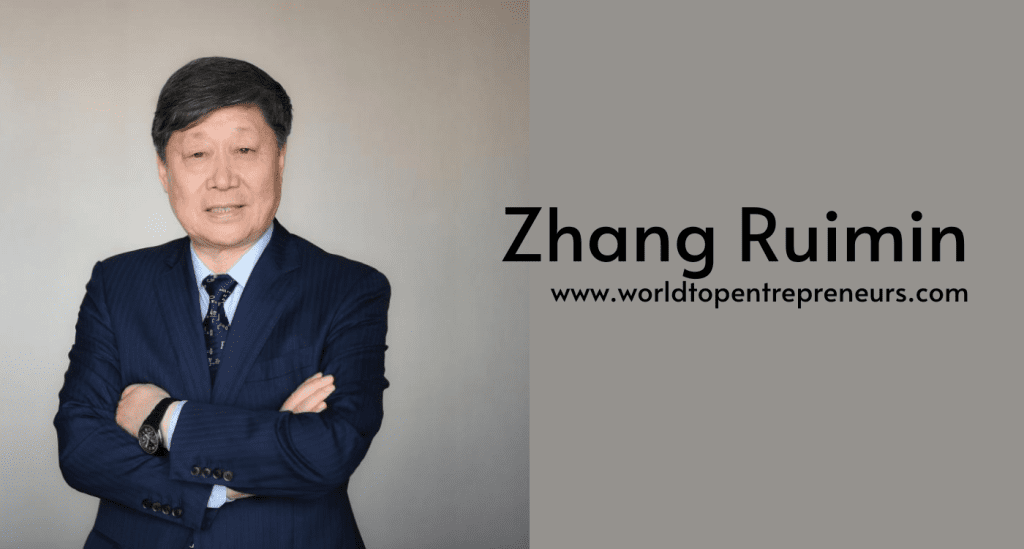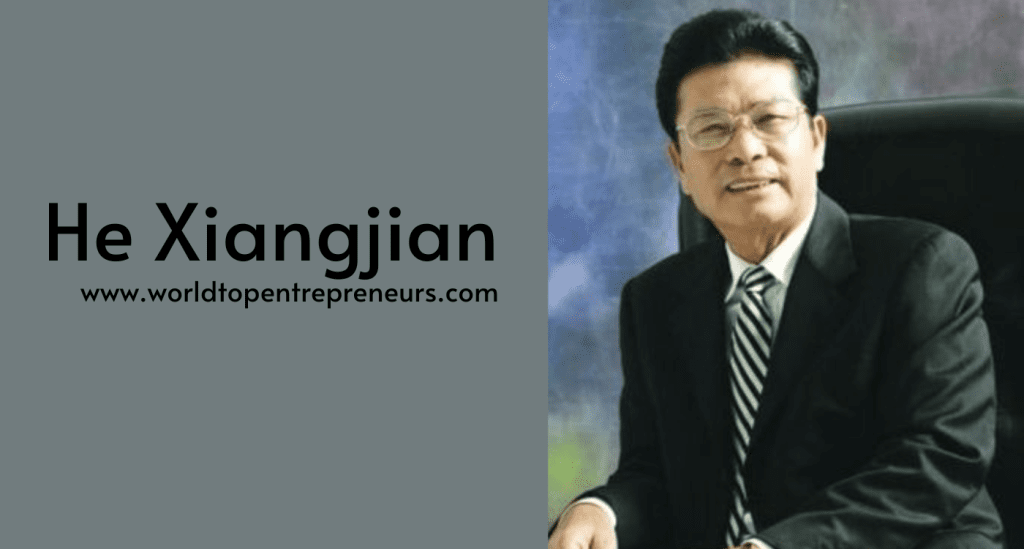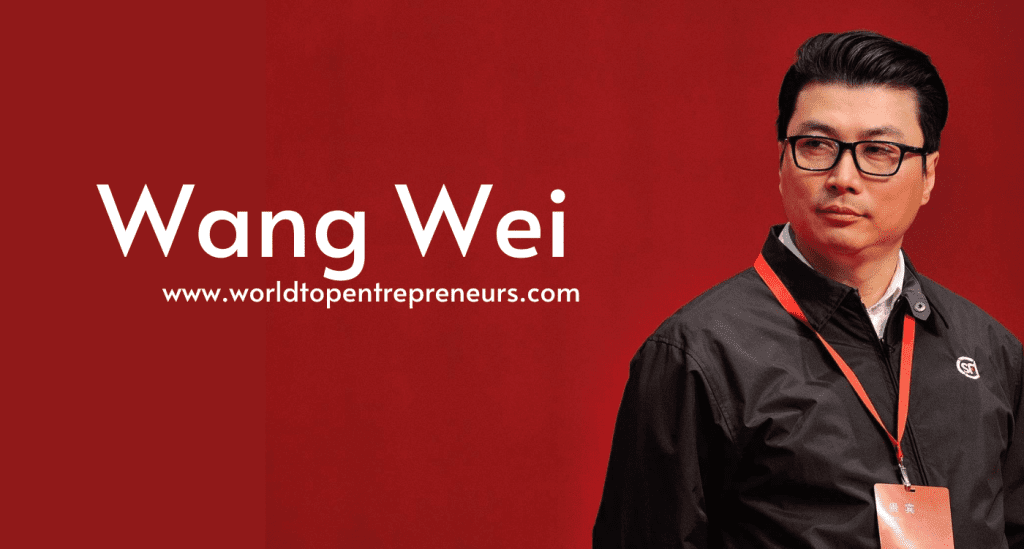When we talk about the giants of the automotive industry, names like Henry Ford and Enzo Ferrari come to mind. Yet, few names are as deeply entwined with the global success of the automobile industry as Eiji Toyoda. Known as one of the most influential figures in Toyota Motor Corporation’s storied history, Eiji Toyoda’s impact on the company and the industry is both profound and enduring. His journey from a young engineer to a transformative leader is a story of vision, resilience, and innovation.
Early Life and Education
Eiji Toyoda was born on September 12, 1913, in Nagoya, Japan, into a family deeply rooted in the textile machinery business. His grandfather, Sakichi Toyoda, founded the Toyoda Automatic Loom Works in 1926, which later became the foundation for Toyota Motor Corporation. Eiji’s father, Kiichiro Toyoda, was instrumental in the company’s pivot from textile machinery to automobiles, setting the stage for what would become one of the largest and most successful automobile manufacturers in the world.
Growing up in this environment, Eiji was exposed to the world of engineering and business from an early age. He attended Nagoya University, where he studied engineering. His education was characterized by a deep curiosity and an eagerness to apply theoretical knowledge to practical challenges. This foundation in engineering would later prove invaluable as he navigated the complexities of the automotive industry.
Joining Toyota and Early Contributions
Eiji Toyoda officially joined Toyota Motor Corporation in 1936, just as the company was beginning its foray into the automotive industry. His early years at Toyota were marked by a series of roles that allowed him to gain a deep understanding of the company’s operations and challenges.
- The Early Years
During the early years of his career at Toyota, Eiji Toyoda worked on various engineering projects, contributing to the development and refinement of the company’s automobile production processes. His early work focused on improving the quality and efficiency of Toyota’s manufacturing techniques, laying the groundwork for what would later become known as the Toyota Production System (TPS).
One of Eiji’s significant early contributions was his involvement in the development of the company’s first passenger car, the Model AA, which was introduced in 1936. This vehicle was a crucial step in Toyota’s transition from a textile machinery manufacturer to an automobile producer. Eiji’s engineering expertise and hands-on approach were instrumental in ensuring that the Model AA met the company’s quality standards.
- The Toyota Production System
In the 1950s, Eiji Toyoda played a pivotal role in the development of the Toyota Production System (TPS), which would become one of the most influential manufacturing methodologies in the world. The TPS is renowned for its focus on eliminating waste, improving efficiency, and fostering continuous improvement.
Eiji’s work on the TPS was inspired by his observations of American manufacturing practices and his own experiences in Japan. He traveled to the United States in the early 1950s to study the production techniques of companies like Ford and General Motors. These observations led him to develop a system that emphasized just-in-time production, lean manufacturing, and a focus on quality at every stage of the production process.
The TPS revolutionized Toyota’s manufacturing processes and set new standards for the automotive industry. It became a model for other companies and industries around the world, influencing manufacturing practices and driving improvements in efficiency and quality.
Leadership and Innovation
Eiji Toyoda’s leadership at Toyota was characterized by a relentless pursuit of innovation and excellence. His tenure as President of Toyota Motor Corporation, which began in 1967, was marked by several key initiatives and achievements that shaped the company’s trajectory and established its reputation as a global automotive leader.
- Expansion and Globalization
Under Eiji Toyoda’s leadership, Toyota expanded its operations beyond Japan and established a strong presence in international markets. This period of globalization was marked by the establishment of manufacturing plants and distribution networks in key regions around the world.
One of the most significant milestones during this period was the establishment of Toyota’s first manufacturing plant in the United States in 1984. This plant, located in Georgetown, Kentucky, marked Toyota’s entry into the North American market and paved the way for the company’s success in the region. Eiji’s vision for global expansion helped Toyota tap into new markets and build a strong brand presence worldwide.
- Focus on Quality and Innovation
Eiji Toyoda’s commitment to quality and innovation was a driving force behind Toyota’s success. During his tenure as President, he emphasized the importance of maintaining high standards in vehicle design and manufacturing. This focus on quality became a cornerstone of Toyota’s brand identity and contributed to its reputation for reliability and durability.
One of the key innovations during this period was the introduction of the Toyota Camry, a model that quickly became popular for its reliability and performance. The Camry’s success exemplified Toyota’s commitment to delivering high-quality vehicles that met the needs of customers around the world.
- The Lexus Brand
In 1989, Eiji Toyoda oversaw the launch of Toyota’s luxury division, Lexus. The creation of Lexus was a strategic move to enter the high-end automobile market and compete with established luxury brands. The Lexus brand quickly gained recognition for its exceptional quality, performance, and customer service.
The launch of Lexus marked a significant milestone for Toyota and demonstrated Eiji’s ability to drive innovation and create new opportunities for the company. The success of Lexus reinforced Toyota’s position as a leader in the global automotive industry and set the stage for future growth.
Challenges and Resilience
Eiji Toyoda’s tenure at Toyota was not without its challenges. The automotive industry is characterized by rapid technological changes, economic fluctuations, and intense competition. Eiji’s leadership was marked by a series of challenges that required resilience, adaptability, and strategic thinking.
- Economic Challenges
The global automotive industry is subject to economic fluctuations, and Toyota faced several economic challenges during Eiji Toyoda’s leadership. The oil crises of the 1970s, for example, had a significant impact on the automotive industry, leading to changes in consumer preferences and market conditions.
Eiji’s strategic response to these challenges involved a focus on developing fuel-efficient vehicles and adapting to changing market demands. Toyota’s commitment to innovation and quality helped the company navigate these economic challenges and maintain its competitive edge.
- Competition and Market Dynamics
The automotive industry is highly competitive, with numerous players vying for market share. Eiji Toyoda’s leadership involved navigating intense competition and adapting to changing market dynamics. Toyota’s focus on quality, efficiency, and innovation helped the company stand out in a crowded marketplace.
One of the key strategies during this period was Toyota’s emphasis on continuous improvement and innovation. The company’s commitment to refining its manufacturing processes and developing new technologies allowed it to stay ahead of competitors and meet the evolving needs of customers.
- Internal Challenges
Like any large organization, Toyota faced internal challenges related to management, culture, and operations. Eiji Toyoda’s leadership involved addressing these challenges and fostering a culture of continuous improvement and collaboration.
One of the key initiatives during this period was the implementation of the Toyota Production System (TPS) across the company’s global operations. This initiative required significant changes in organizational processes and culture, and Eiji’s leadership was instrumental in guiding Toyota through this transformation.
Legacy and Impact
Eiji Toyoda’s contributions to Toyota Motor Corporation and the global automotive industry have left a lasting legacy. His vision, leadership, and commitment to innovation have had a profound impact on the industry and shaped the future of transportation.
- Technological Advancements
Eiji Toyoda’s emphasis on technological innovation has had a significant impact on the automotive industry. The Toyota Production System (TPS), developed under his leadership, has become a model for manufacturing practices around the world. The TPS has influenced industries beyond automotive manufacturing and has set new standards for efficiency and quality.
The introduction of models like the Toyota Camry and the Lexus brand also reflects Eiji’s commitment to innovation and quality. These vehicles have become benchmarks for performance and reliability, shaping consumer expectations and industry standards.
- Global Influence
Under Eiji Toyoda’s leadership, Toyota expanded its global presence and established itself as a major player in the international automotive market. The company’s success in global markets, including the United States and Europe, reflects Eiji’s vision for international growth and strategic expansion.
Toyota’s global influence extends beyond its market presence. The company’s focus on quality, efficiency, and sustainability has set an example for other automakers and has influenced industry practices and standards.
- Inspiring Future Generations
Eiji Toyoda’s success with Toyota serves as an inspiration to aspiring leaders and professionals in the automotive industry. His dedication to innovation, quality, and strategic growth provides a model for future leaders who seek to drive positive change and make a meaningful impact.
Eiji’s legacy continues to inspire and guide the next generation of technology professionals and innovators. His story is a testament to the power of visionary leadership and dedication in shaping the future of industry and innovation.
Conclusion
Eiji Toyoda’s journey from a young engineer to the transformative leader of Toyota Motor Corporation is a remarkable story of vision, leadership, and impact. His contributions to the automotive industry have shaped the development of advanced technologies, expanded Toyota’s global presence, and reinforced the company’s commitment to quality and innovation.
Toyoda’s leadership has left a lasting legacy in the industry, influencing technological advancements, promoting corporate social responsibility, and inspiring future generations of leaders. As we reflect on his achievements, we recognize the profound impact of his work on the global automotive landscape and the continued evolution of transportation technology. The story of Eiji Toyoda and Toyota Motor Corporation is a testament to the power of visionary leadership and dedication in shaping the future of industry and innovation.

